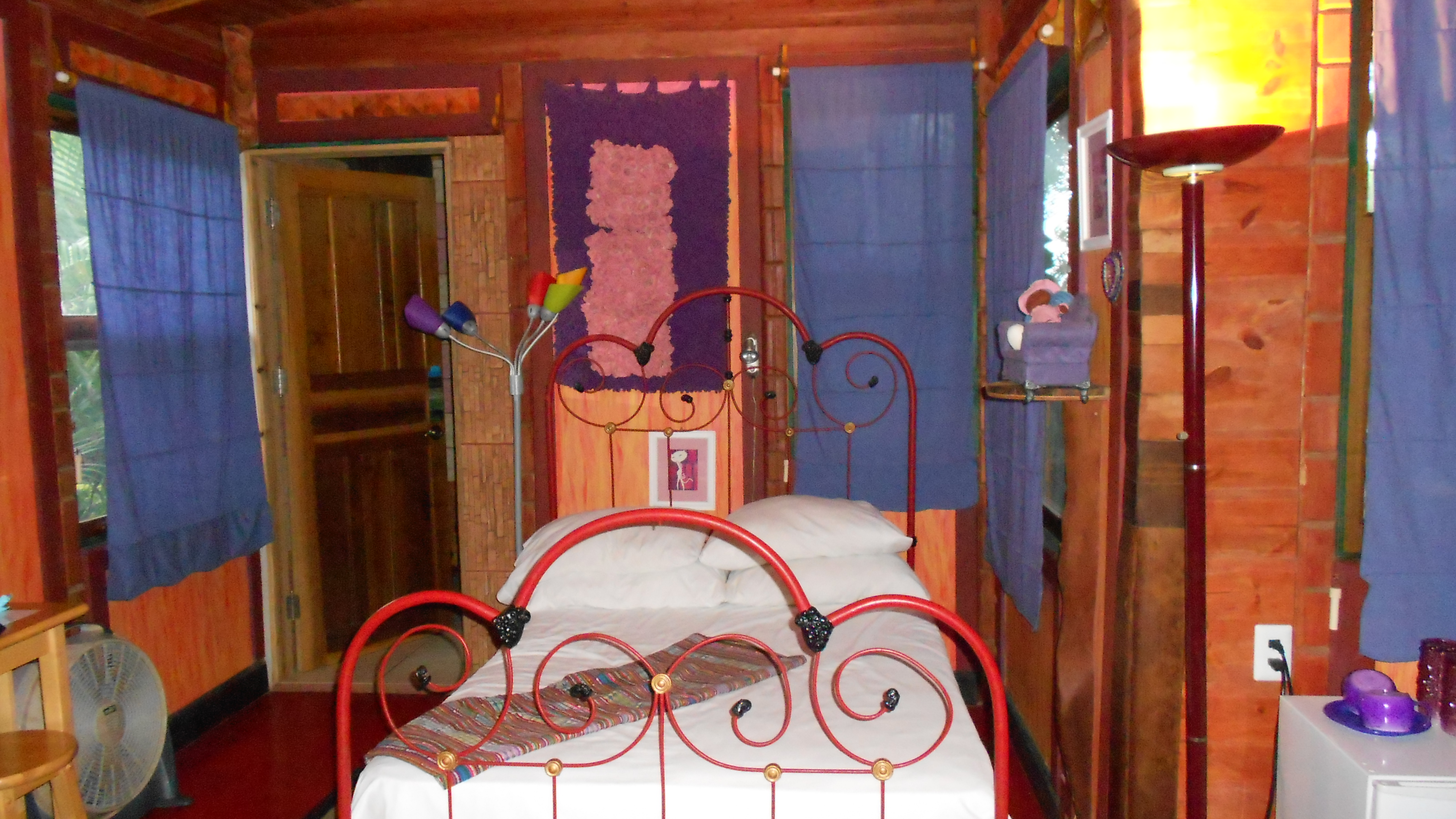Her scream startled me awake. I listened. More noise meant I had to get up. Silence, I could linger in bed. Regardless, I closed my eyes again. I held the irrational belief my mosquito net protected me from all danger and hullabaloo.
Hullabaloo defined by my Merriam-Webster word-a-day calendar as “a very noisy and confused situation.” Of all the frivolous words that calendar had displayed, hullabaloo was the most applicable. Unlike many of the things Mom sent in her care packages.
No matter how detailed my longhand written letters described my life in this developing country, nothing seemed to penetrate Mom’s gargantuan happy bubble. She meant well. If nothing else, my letters provided her with exotic entertainment and bragging rights. Her smart, worldly daughter doing good in the world.
Far more useful would have been a Swahili word-a-day calendar. At least hullabaloo sounded as lyrical as Swahili. I bought green peppers at the market every week just to say, pilipili hoho. Beyond musical attributes, hullabaloo accurately described daily life.
The volume level of my rural, local neighbors equaled the noise of suburbs in the States. Lively, energetic conversations in sing-songy Swahili, regardless of happiness or anger. Lethargic packs of dogs during the day transformed into growling, barking mongrels at night. Roosters crowing all times of the day. Cows in labor. Bats flapping wings in the crawl space against our corrugated iron roof. And three distinct sounds of beating: the hoe against the earth, the machete against the crops and the small child-size wooden pestle against food held in its mortar.
Fully awake, my eyes refused to remain closed. The frantic shuffling of my roommate’s cheap plastic sandals against the concrete floor traveled into the kitchen. The clang of pots. Opening of drawers.
No need to get out of bed. I heard it all. Even through a closed door.
I’m an analytical thinker. A real problem solver, if you will. That could be a dangerous personality trait. Foreigners like me tended to rush into a country like this, roll up their sleeves and try to fix everything. Making a bigger mess than the original situation.
First thing we were taught in training: “Don’t just do something. Stand there!”
My roommate walked among us as if she was smarter than everyone else. Myself included. And the way she condescended to our local neighbors. I marveled at how they could still address her with such warmth and glowing smiles in their sing-songy accented English. Perhaps another cultural difference was their inability to pick up on condescension, as was the case with sarcasm.
However, her elitist attitude worked in my favor in this case. She’d try several solutions before conceding and knocking on my door for help. For my part, I gave her the time to resolve it. Whatever it was.
Whatever it was, ground zero was not in the kitchen. The shuffling had just traveled into the bathroom. Seconds later, clang-banging wrenched me from a supine position swifter than the most obnoxious alarm clock. Blood-drained induced stars dazzled before my eyes. If ever there was a time to do much of nothing, now was precisely that moment.
I leaned in closer to my mosquito net. Not that it improved my hearing. It just felt a little more comforting to be slumped to the side. My muscles relaxed into a sitting sloth’s position. My heartbeat slowed down. I continued my descent, hugging my knees and resting my chin on them.
She tapped out an erratic rhythm accompanied by guttural unintelligible chanting. My best guess: a long wooden spoon against the porcelain, Westernized toilet basin. Minus the toilet lid. Minus the toilet seat. Usually minus the running water through the pipes to flush it. With such a lack of comfort and utility of a true Western toilet, we didn’t even refer to it by its English name. No, the Swahili name was more appropriate: choo.
Short, quick and efficient. As one’s trip to a developing country’s bathroom usually was. If questionable food hadn’t caused harisha (doesn’t that sound more beautiful than saying “diarrhea”?), then the high oil content most locals used in their food meant it slid out as fast as it had slid in. Depending on the quality of the bathroom situation, one learned not to linger too long, especially when not using one’s own substandard choo at home. Some foreigners even became anal retentive about where they deposited their waste. After a while, their nervous system no longer supported such hyper vigilance and they went practically anywhere.
The arrhythmic beating stopped. I hoped that was a good sign. Now that I was up, I needed to go. The shuffling advanced in the direction of my bedroom. It stopped in front of my door. Illogically, I held my breath, willing her away. Yet, she knocked. At first hesitant, but a few seconds later, a little louder.
I sighed, reluctant to give the verbal cue for her to enter. “Karibu.”
The door squeaked open.
“We have a rat in our choo!”

